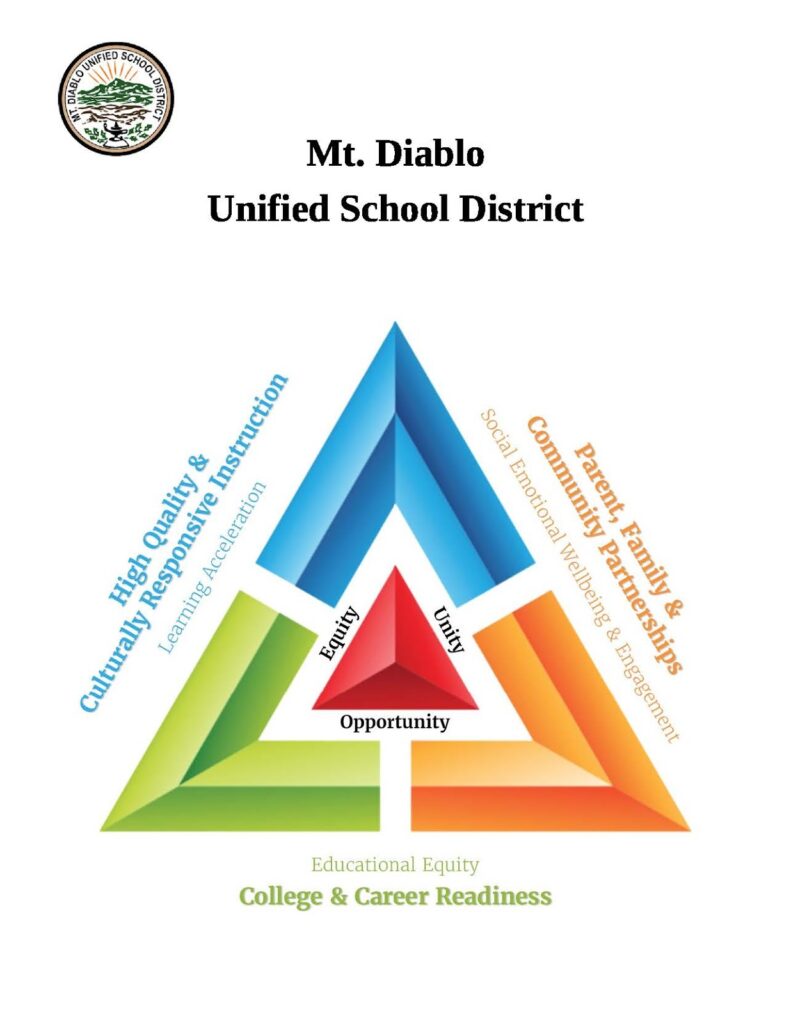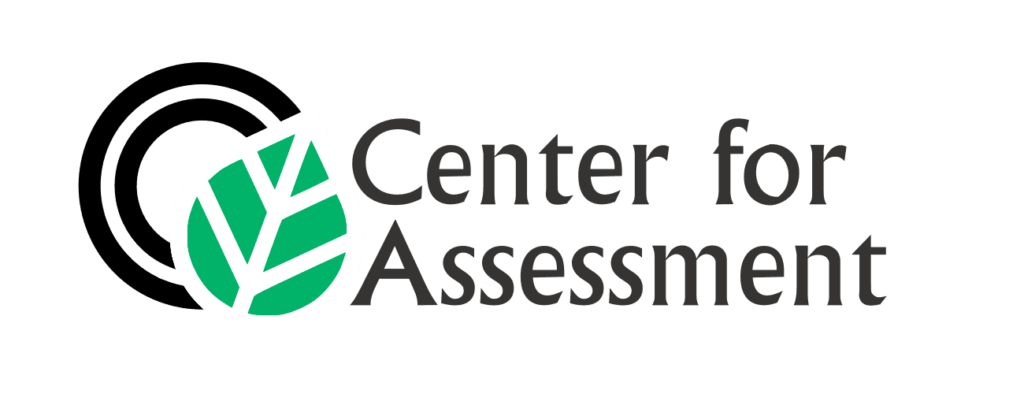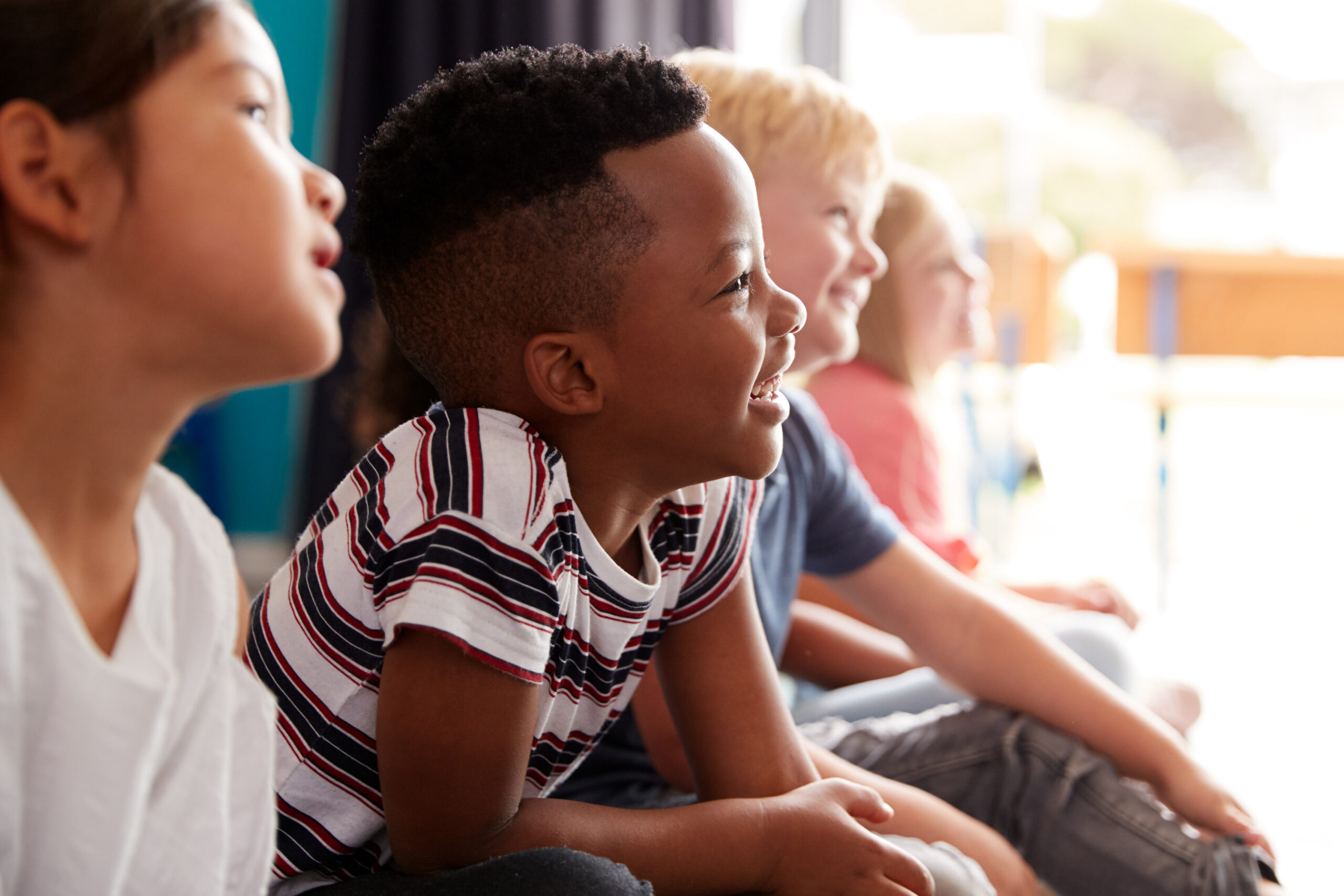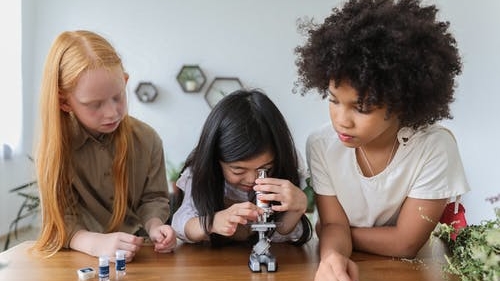News & Announcements
Call to Participate in Professional Learning Opportunity through Project CLEAR
Project CLEAR, one of three CCEE Learning Acceleration System Grantees, is recruiting educators from across the state interested in becoming a teacher leader with expertise in reading intervention. This grant-funded professional learning opportunity will cover the cost of participation in graduate coursework, including tuition and materials. Please see the fliers linked below for more information about how Project CLEAR can support students in your district.
Project CLEAR Overview (English)
Resumen de Proyecto CLEAR (Spanish/Español)
Looking Ahead
2022-2023 Independent Study Professional Learning Network (ISPLN)
Join CCEE and participating districts for solution-oriented discussions focused on a problem of practice around independent study. The ISPLN meetings will occur at 10:00 am on the first Monday of every month. Please email Gonzalo Avila at [email protected] if you have any questions or would like further information.
- Learn more about the ISPLN meetings
- Register for our first meeting of the year on Monday, October 3, 2022
In Case You Missed It
CCEE’s Playbook for Accelerating Learning (updated!)
August Resources
Balloons to Heaven Day – August 6 is Balloons to Heaven Day when we remember the countless lives lost to gun violence.
International Youth Day – August 12 is International Youth Day, a United Nations holiday to raise awareness to the issues that many children and teenagers around the world, especially those affected by poverty, who can’t get access to an appropriate education.
Women’s Equality Day – August 26 is Women’s Equality Day in the United States, a day to commemorate the 19th amendment of the Constitution which, in 1920, gave women the right to vote.
About the CCEE
The California Collaborative for Educational Excellence is a statewide leader delivering on California’s promise of a quality, equitable education for every student.
Executive Director’s Corner
Continuous Improvement is Essential to Building Capacity
By Matt J. Navo, Executive Director, CCEE

All educators have something in common: we all want to improve educational outcomes for students. The tools and approaches we use to do that vary amongst educators. However, the one thing we can all agree on is that if we don’t re-evaluate our practices, self-reflect on what is and is not working, and redirect our work, we will never truly improve.
The Teaching, Learning, and Leading Center (TLLC) has been doing just that. The Systemic Instructional Review (SIR) is an essential tool used by the CCEE for providing assistance to Local Education Agencies (LEAs) for school improvement actions.
The TLLC team has been on a quest to assess the impact of the SIR tool, reflect on its effectiveness, and redesign the approach, resources, and design to enhance the tool’s ability to improve educational outcomes for students.
The TLLC team in this newsletter will be sharing their continuous improvement journey.
Seizing the Moment
Redesigning the Direct Technical Assistance Approach
By Dr. Stephanie Gregson, Deputy Executive Director of the Teaching, Learning, and Leading Center

The past few years have been difficult in many ways and has provided the opportunity to reflect on what is important in our personal and professional lives. We have experienced those moments that have allowed us to pause, reflect and see something from a different perspective. Sometimes what we see is not always easy to look at but is necessary to help us move forward and grow. Over the past 10 months, the CCEE Teaching, Learning, and Leading Center (TLLC) team has experienced many reflective and learning moments in our Direct Technical Assistance work. The TLLC team has engaged in learning and understanding different school improvement frameworks, hearing from our partners about their experiences, and became certified quality improvement coaches through International Health Institute (IHI) Quality Improvement Coaching Certification Program.
Over the summer, the TLLC Team engaged in a redesign process of the Systemic Instructional Review (SIR) and the Direct Technical Assistance approach grounded in Michael Fullan & Joann Quinn’s Coherence Framework and the IHI quality improvement tools and practices. We will be presenting our redesign to the CCEE Board on September 29th and invite you to tune in and learn more about our journey.
Our team is here to support and is ready to show up in a way that honors, respects, and values all that a district team has done. We look forward to learning from the district team’s application of their work and amplifying their successes.
Mt. Diablo Unified School District
Dr. Adam Clark, Superintendent, Mt. Diablo Unified School District
Jennifer Sachs, Chief of Educational Services, Mt. Diablo Unified School District


In 2020, at the very beginning of the pandemic, the Mt. Diablo Unified School District (MDUSD) began its close relationship with CCEE. With a focus on capacity building for sustainability as a base, the Systemic Instructional Review (SIR) process helped us create a laser-like focus on instruction and continuous improvement. In collaboration with our Contra Costa County Office of Education, and other partner agencies, an action plan was developed focusing on increasing the quality of instruction and improving student outcomes, most specifically for historically underserved student groups.

This intense need for coherence and alignment in Mt. Diablo Unified led to the creation of an instructional framework focusing on “simplexity”- to make the District’s instructional initiatives digestible for staff and the community to understand.
Mt Diablo’s and CCEE’s work has focused on the capacity building of district and site leaders, instructional equity, increased student improvement, restorative practices, and building relationships with families and community partners. Mt. Diablo Unified is currently partnering with The New Teacher Project (TNTP) to enhance our focus on standards-based instruction with an emphasis on learning acceleration and instructional rigor. This partnership includes monthly professional development for site leaders and classroom teachers with educational equity at its core and classroom walk-throughs, strengthening our professional learning networks across our district. The work with CCEE has helped strengthen outreach and collaboration, address inequities across our system – specifically for African American students, students experiencing homelessness, and foster youth – and has built the capacity of district educators at all levels to improve student outcomes.
Contact MDUSD at:
Inglewood Unified School District
Bernadette C. Lucas, Chief Academic Officer, Inglewood Unified School District

The SIR and CCEE’s support have been vital as Inglewood Unified School District (IUSD) implements our Instructional Plan and monitors the goals for student outcomes, experiences, and growth. The SIR and CCEE have supported the IUSD team in narrowing our focus on the teaching and leadership levers that will directly impact our vision for our students. This sounds like a simple concept. When working with a team of dedicated adults who are working to move an organization, this is a complex endeavor.
The intensely collaborative work between IUSD and CCEE has led to significant shifts in nurturing a culture of continuous improvement based on specific goals and outcomes. This culture is grounded in internal and external accountability as evidenced in the SIR process. The SIR has translated to our everyday practice. And, that has made all the difference.
IUSD has evolved because of the SIR and CCEE. The cycle of continuous improvement and the systematic support are not only embedded in the SIR, but also in the manner in which Educational Services thinks about and conducts its work. These are cultural shifts that have directly translated to our school sites and classrooms. Critical to this cultural shift is the constant, relentless centering of student data and student work as the clear pathway to advancing student growth and achievement. The centering of data is causing the observable transition from external accountability to internal accountability.
Two critical changes (of many) that have resulted directly from our work with CCEE are:
- a documented IUSD Instructional Plan with year-long aligned professional development and,
- a collaborative three-five MTSS Plan that is being developed and implemented in alignment with our Strategic Plan and Instructional Plan.
Words cannot express the impact of the relationship between IUSD and CCEE on our brilliant students. CCEE has been a vital partner in our pursuit of equity and liberation for our students as we deliver on our promise to them.
Contact Bernadette Lucas at:
About the Teaching, Learning, & Leading Center (TLLC)
Our TLLC team works in alliance with educators to improve teaching, learning, and leadership so every student is inspired and prepared to thrive as their best self.
Meet our TLLC Team Members!
Franchesca and Sandra are valued members on our TLLC team! Read more on them below.

Franchesca Sonoyama
Program Specialist
Teaching, Learning & Leading Center
Franchesca provides programmatic and team support including process improvement, material development, and project management within TLLC. Franchesca supports the implementation of the Systemic Instructional Review (SIR).
Fun Fact: Franchesca is a legit soprano, and cheese and chocolate connoisseur! Favorites: Black truffle cheddar and a 72% dark chocolate from Ecuador.

Sandra Brandt
Administrative Assistant II
Teaching, Learning & Leading Center
Sandra recently joined the CCEE team as Administrative Assistant II in the Teaching, Learning, and Leading Center. She supports Deputy Executive Director Stephanie Gregson and works closely with the LAS Grant team assisting with administrative support.
Fun Fact: Sandra loves to travel and is saving up for another trip to Spain.










